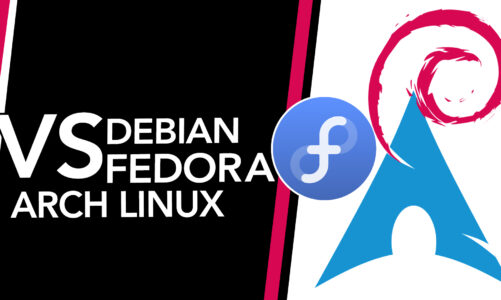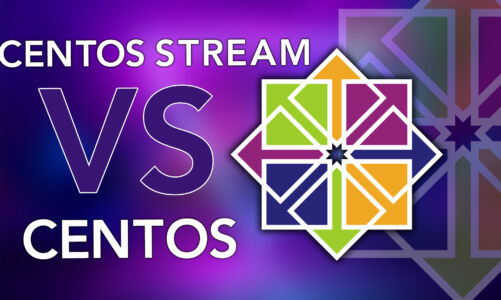Debian holds a position of great influence and high regard among Linux distributions. Its unique approach to software release cycles and steadfast commitment to free software principles have made it a cornerstone in the Linux community.
You may already have some familiarity with Debian, but have you ever come across the term “Jessie”? While it may appear to be a new concept, it is not entirely unfamiliar. Continue to read with us as we dive deep into the heart of Debian – one of its most celebrated releases, known as ‘Jessie.’
What is Debian?
Debian is a free and open-source operating system that uses the Linux or FreeBSD kernel. The operating system comes bundled with a multitude of software applications and tools, making it a complete package for desktop and server use.
The vast repositories boast of over 51,000 precompiled software bundled in neat packages, easing installation and removal. This extensive selection includes everything from productivity software and games to development tools and databases, with pretty much every useful open-source application being readily available.
Debian has built a reputation for its focus on stability and security. It follows a stable release cycle, with each new release being thoroughly tested before being classified as stable.
It serves as the base for many other popular Linux distributions, such as Ubuntu and Mint, contributing further to its significance in the open-source world.
Understanding Debian Releases
Debian releases are snapshots of the software in the Debian system at a particular point in time. They are periodically launched when the Debian team considers the system’s state to be stable and ready for production use.
There are three main branches in Debian’s development cycle: Unstable (Sid), Testing, and Stable. The Unstable branch is where new software packages and updates are first introduced. These packages then transition into the Testing branch, where they are further scrutinized for any bugs or issues. Once packages have proven their stability in the Testing branch, they are included in the next Stable release.
Debian’s Stable releases are what most users should be running. They are extremely reliable and secure, making them perfect for server environments and mission-critical applications.
Each Debian release receives active security support until the next release becomes stable, typically about two to three years. After that, the release transitions into Long Term Support (LTS) for those who require more time to upgrade, where it receives security updates for additional years.
Introduction to Jessie
When exploring the Debian lineage, Jessie stands out as a landmark release. Officially known as Debian 8, Jessie was introduced to the world in 2015.
Jessie succeeded Debian 7.0, “Wheezy,” offering numerous enhancements, updates, and new features that refined the user experience and the overall capabilities of the Debian operating system. Jessie continued Debian’s commitment to free software and stability, building upon the strong foundation laid by its predecessors.
Features of Jessie
The Jessie release brought several noticeable changes and improvements to the Debian operating system. Jessie also featured an updated Linux kernel version (3.16), which delivered better hardware support, performance enhancements, and new features, including numerous driver updates and improved support for virtualization technologies. Moreover, Debian 8 shipped with updated versions of thousands of software packages.
Another significant update was the inclusion of UEFI (Unified Extensible Firmware Interface) support. This technology replaces the traditional BIOS (Basic Input/Output System) and provides a modern method for operating systems and hardware to interact.
The end of life
Like all software, Debian releases also have a lifecycle. For Debian Jessie, this cycle began with its release in 2015. It was the “Stable” release until Debian 9 “Stretch” was introduced in 2017. Upon the release of Stretch, Jessie transitioned into its “old stable” phase.
Jessie no longer receives official updates or support from the Debian team. Users still running Jessie are strongly recommended to upgrade to a newer release to ensure their system remains secure and benefits from the latest software and features.
Conclusion
Jessie is version 8.0 of the Debian operating system that brought significant enhancements to its users. Despite being superseded by later releases, it remains a testament to the stability and versatility of Debian. It’s crucial to keep systems updated for optimal performance and security, but remembering past releases like Jessie helps us appreciate the progression of technology.



